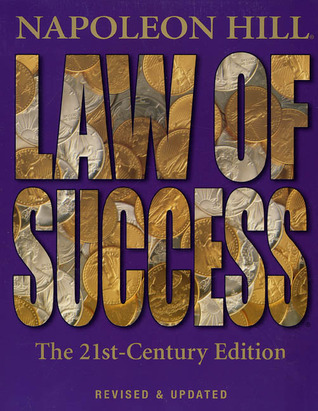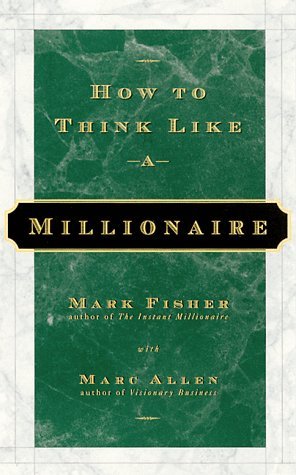
The Way to Wealth
Book Description
A world of opportunity lies before those daring enough to seize it. In "The Way to Wealth," Benjamin Franklin unveils timeless secrets of financial success, woven through captivating anecdotes and hard-earned wisdom. This riveting guide transforms the mundane into the extraordinary, challenging the reader to rethink their approach to wealth and prosperity. From the power of frugality to the significance of hard work, each principle resonates with life-altering potential. What if the keys to your financial freedom were hidden in plain sight? Unlock the mysteries of wealth and discover the path that could change everything. Are you ready to embark on this journey?
Quick Book Summary
"The Way to Wealth" by Benjamin Franklin is a concise collection of wisdom on personal finance, prosperity, and living a fulfilling life. Drawing from Franklin’s famous "Poor Richard’s Almanack," the book presents practical advice through proverbs, anecdotes, and observations. Franklin emphasizes timeless principles like industry, frugality, and prudent management, encouraging readers to work diligently, spend wisely, and persistently pursue improvement. Presented as a speech delivered by "Father Abraham," the work weaves together common-sense guidance that transcends generations, demonstrating how habits and attitudes toward money and work lay the foundation for financial security. Franklin’s blend of humor, wit, and straightforward counsel inspires readers to embrace responsibility, plan for the future, and achieve lasting success by unlocking the secrets already within reach.
Summary of Key Ideas
Table of Contents
Industry and Hard Work
Franklin begins by establishing the significance of hard work and industriousness. He argues that diligence and consistent effort are the true cornerstones of prosperity. Through relatable stories and maxims, he dismisses the concept of luck, stating that success results from perseverance and initiative. Franklin encourages readers to “lose no time” and to make every hour productive, warning that idleness breeds poverty. He stresses that those who wish for wealth must be willing to labor for it, as “there are no gains without pains.”
Value of Frugality
In the discussion of frugality, Franklin extols the virtues of wise spending and careful management of resources. He observes that unnecessary expenses, rather than insufficient income, often lead to financial hardship. Franklin advocates for conscious decisions on every purchase, suggesting that extravagance and indulgence can swiftly erase the benefits of hard work. He famously notes, “A penny saved is two pence clear,” highlighting that saving is as crucial as earning. By maintaining discipline over desires, individuals secure a foundation upon which wealth can grow.
Importance of Prudence and Planning
Prudence and thoughtful planning are presented as vital to lasting prosperity. Franklin warns that a lack of foresight will undermine even the most industrious individuals. He urges readers to prepare for eventual hardships by setting aside earnings and avoiding overconfidence during prosperous times. Planning not only protects against future difficulties but also allows for the seizing of new opportunities. Franklin uses proverbs such as “An ounce of prevention is worth a pound of cure” to advocate for measured, careful financial behavior.
Dangers of Debt and Procrastination
Debt and procrastination are identified as serious threats to wealth and happiness. Franklin paints debt as a form of servitude that erodes freedom and diminishes opportunities for growth. He insists that delays in addressing obligations or tasks lead to compounded problems and missed chances for advancement. Franklin’s warning against borrowing for non-essential items remains relevant, as he emphasizes the peace and independence that comes from living within one’s means and addressing responsibilities promptly.
Self-Reliance and Personal Responsibility
Finally, Franklin champions self-reliance and personal responsibility. He acknowledges that external advice and admonitions often fall on deaf ears until one chooses to act on them. Franklin encourages readers to take ownership of their destiny, cultivating habits of self-discipline and continual improvement. While others may caution or direct, only personal resolve secures true success. The book concludes by reminding readers that the "way to wealth" lies not in seeking shortcuts, but in consistent application of these timeless principles in everyday life.
Download This Summary
Get a free PDF of this summary instantly — no email required.





